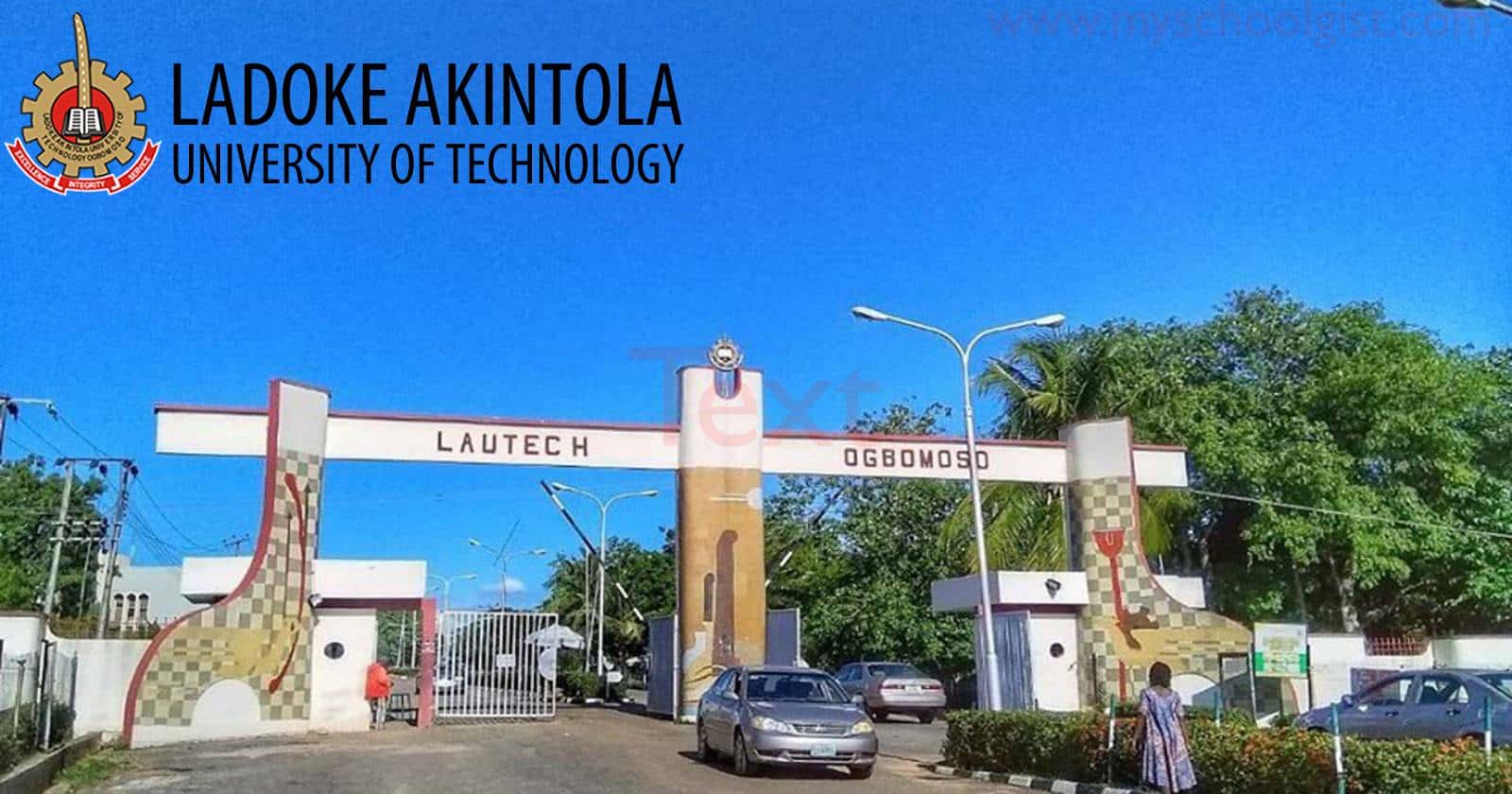Dive Brief:
- Dallas Independent School District’s performance-based incentive program for teachers helped immediately to improve and sustain student achievement in the district’s most disadvantaged schools, according to a study by the National Bureau of Economic Research.
- The Accelerating Campus Excellence program, or ACE, increased the base salaries of effective teachers by up to $10,000 per year if they worked in the district’s lowest-achieving schools. These interventions led to “dramatic growth in math and reading achievement,” researchers wrote.
- Once the incentives from the ACE program were all nearly eliminated, a mass exodus of highly effective teachers followed alongside a reversal of the student achievement gains from ACE, the study found.
Dive Insight:
Districts have often been hesitant to implement similar models with significant performance-based incentive programs for placing teachers in hard-to-staff schools, the researchers wrote. Reasons cited include “lack of performance measures, an unwillingness to differentiate pay by teacher effectiveness, and an unwillingness to increase compensation enough to offset labor-market disadvantages of low achieving, high-poverty schools.”
However, students attending the ACE elementary schools for two or more years saw large increases in achievement as they headed into 6th grade, and the program appears to be scalable, the study found. “The existence of large long-term effects suggest that the program produces lasting improvements in cognitive skills,” researchers wrote.
The program began in 2016 with four elementary schools and then added five more schools in 2018. All but one of the original schools participating in the 2016 ACE cohort were pulled out in 2019 because their achievement growth pushed them out of eligibility for the program.
The National Center for Education Statistics found in a survey of school leaders that high-poverty schools, schools with 75% or more minority students and city schools all expected a higher number of teaching vacancies than other schools heading into the 2022-23 school year.
Similar approaches to Dallas ISD’s ACE program are also known as strategic pay, which compensates teachers differently depending on what or where they teach.
The National Bureau of Economic Research study backs up other examples that have found strategic pay helps fill crucial positions for hard-to-staff subjects and schools. For instance, Detroit Public Schools Community District announced an annual $15,000 stipend for certain special education teachers in spring 2021 to address those positions accounting for the majority of the district’s vacancies. By December, the district only had three vacancies in that area — a noticeable decrease from 60 vacancies in those positions five years earlier.
As of December, 23 states had incentive policies for hard-to-staff subject areas, according to Heather Peske, president of the National Council on Teacher Quality.






Leave a Reply